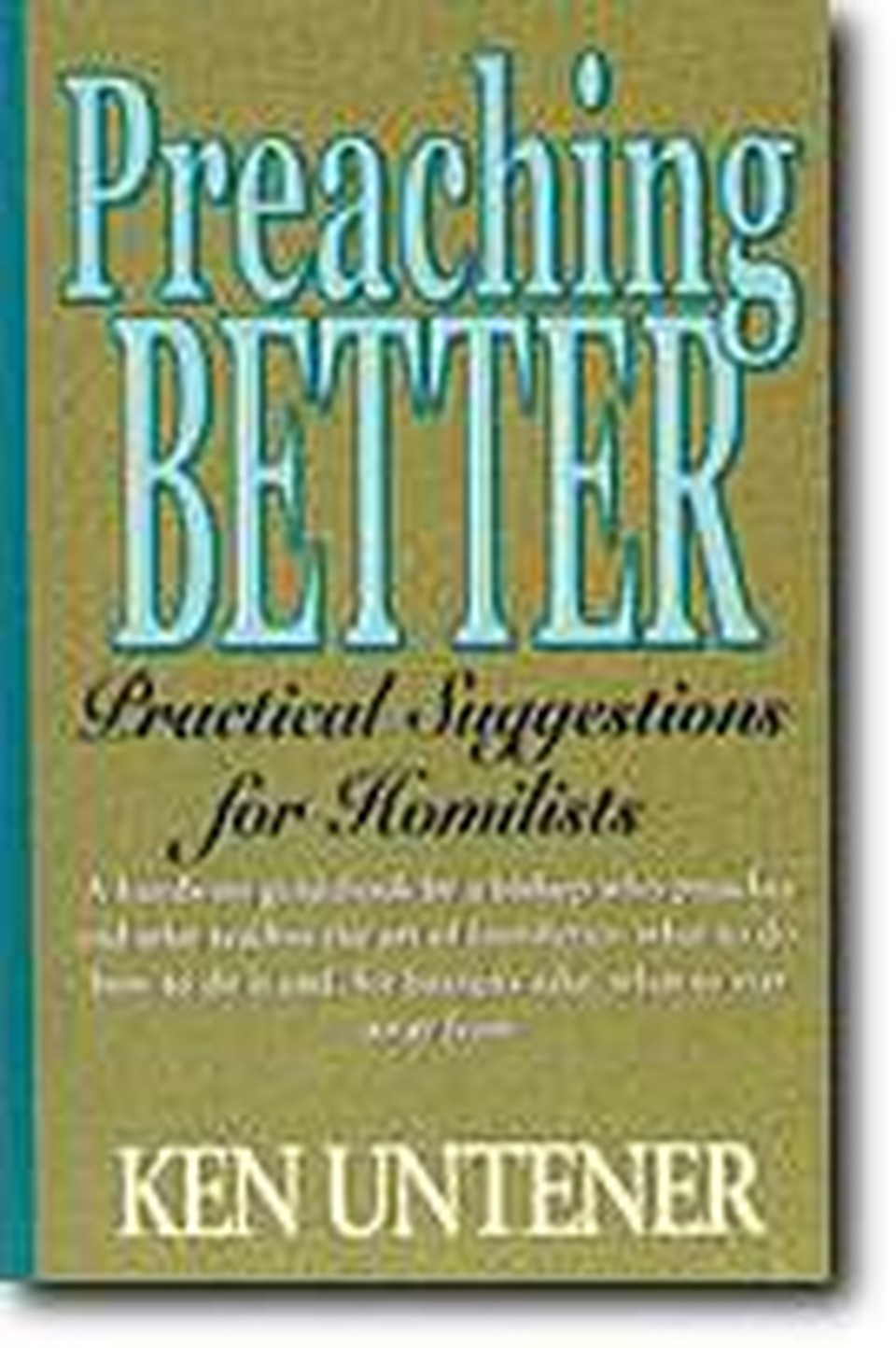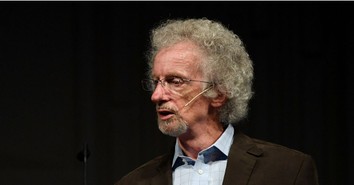Get your sermon off to a good start

Even the most seasoned preacher can perfect the skill of preaching.
The beginning:
- Sermons don't need a beginning. Since it is part of the liturgy, the beginning has already been accomplished by the service to that point. Everything preceding the sermon is an attention getter: standing, singing, listening to the gospel, sitting. The trick is not to get their attention, it's to hold on to the attention you've already got.
- Go right to the middle of it. Get to the point. Setting the mood is overrated. Make your first sentences crisp. Don't begin with sloppy, flabby, fluffy sentences, filled with unnecessary verbiage. The people are hanging on your first words, so don't meander along.
- Get to the point. Opening material is usually easy to talk about, so pastors chat on and enjoy it. Don't waste the people's attention when it is sharpest.
- Link the beginning. Use the beginning only if it relates closely to the middle.
- When writing your sermon, don't begin with "the beginning." Don't waste time trying to write the beginning - it's often the toughest part. Better to start in the middle by trying to sketch your core thought. You can figure out later what your first words will be.
- Don't break the liturgy. Your sermon is just a continuation of the service. Don't let introductions, or even stories, break the flow of the service.
- Don't make the beginning more interesting than the rest of the sermon; make the rest of the sermon as interesting as the beginning.
- Don't begin by telling what happened when you found out you were going to give this sermon or while you were preparing it. This is standard filler material for those who are nervous and/or not skilled in public speaking.
The ending:
- It's not hard to write an ending. It's not nearly as hard as developing the core thought.
- The ending can be brief. Generally, the shorter the better. The best endings are clean and crisp.
- Don't sound as if you're ending when you're not ending. You're playing with the minds of the listeners, and they are looking for the hint and the end, not a hint and another 10 minutes.
- Don't add. If you think of an additional observation or clarification toward the end, put it out of your mind. Don't try to work in additional thoughts. Unless you have a clear message from the Holy Spirit, keep it to yourself.
- Avoid ending with, And so... It's often a code phrase for, Here comes the repetition. Be more creative.
- Short quotes work well. They don't need follow-up words.
- Don't end by forcing an application on the people. Jesus was the master of giving an open-ended thought and allowing the listeners to make the application to their lives on their own.
From Preaching Better: Practical Suggestions for Homilists by Ken Untener, copyright (c) 1999. Used by permission of Paulist Press, Mahwah, N.J., 1-800-218-1903.
Most Rev. Ken Untener, bishop of Saginaw, Mich., has taught homiletics at St. John's Seminary near Detroit and continues to participate in preaching labs with clergy in his diocese. He is a graduate of Gregorian University in Rome and has been awarded several honorary degrees.
Originally published June 22, 2004.







